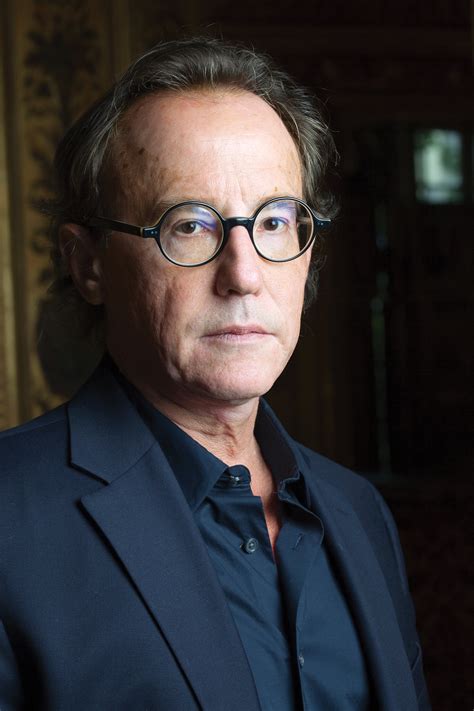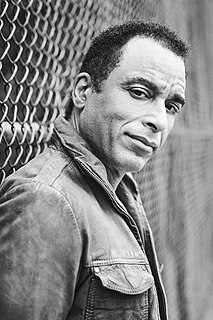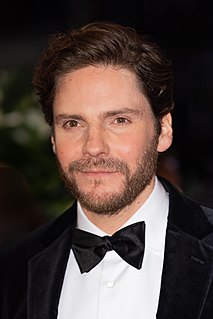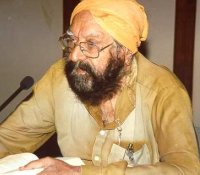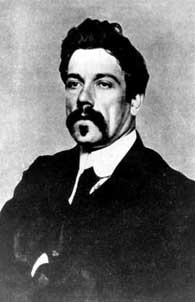A Quote by Amish Tripathi
Most educated Indians are bilingual. Amongst the urban elite though, there is a disdain for regional languages. That's unfortunate.
Related Quotes
We know from our recent history that English did not come to replace U.S. Indian languages merely because English sounded musical to Indians' ears. Instead, the replacement entailed English-speaking immigrants' killing most Indians by war, murder, and introduced diseases, and the surviving Indians' being pressured into adopting English, the new majority language.
Writing recently in the New York Times, David Brooks noted correctly if belatedly that conservatives disdain for liberal intellectuals had slipped into disdain for the educated class as a whole, and worried that the Republican Party was alienating educated voters. I couldn't care less about the future of the Republican Party, but I do care about the quality of political thinking and judgment in the country as a whole.
We were doing the same thing. We will never have "a" Chicano English or Spanish because of regional differences. But I think that because of our bilingual history, we'll always be speaking a special kind of English and Spanish. What we do have to do is fight for the right to use those two languages in the way that it serves us. Nuevo-mexicanos have done it very well for hundreds of years, inventing words where they don't have them. I think the future of our language is where we claim our bilingualism for its utility.




